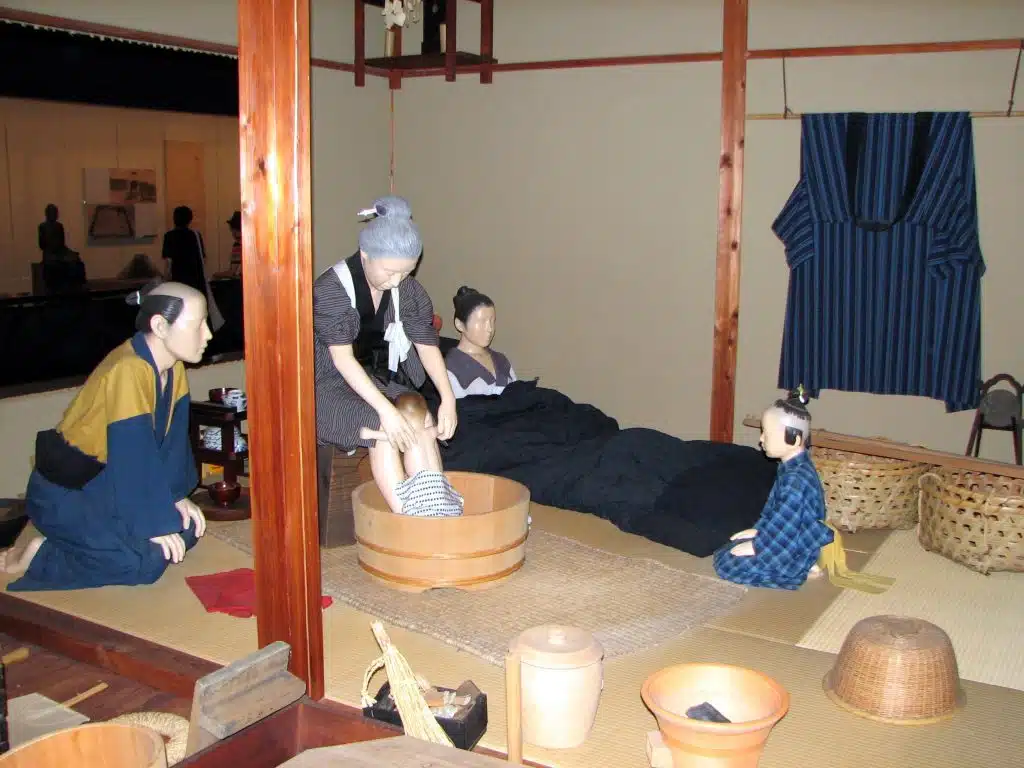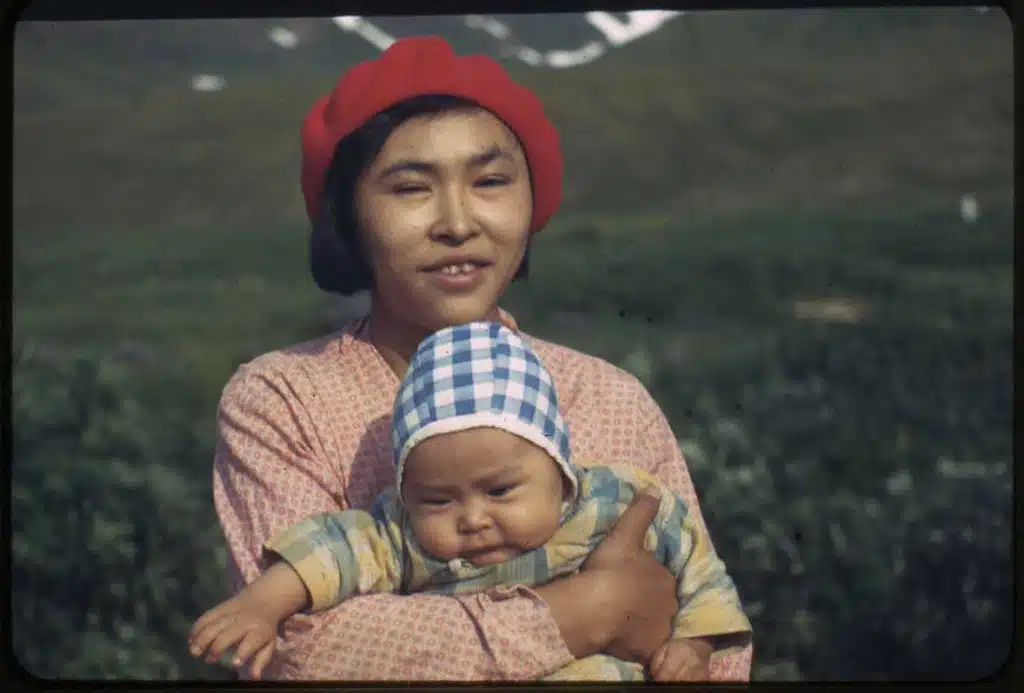Posted inQuestion about Japan
Can you get Japanese citizenship by marrying?
Marrying a Japanese citizen does not automatically grant citizenship, but it can make you eligible for naturalization after meeting certain conditions such as being married to a Japanese national for at least three years, living in Japan for at least one year, and being of good character. The naturalization process involves submitting an application form with relevant documents and taking a written and oral exam on the Japanese language, history, and culture. Becoming a Japanese citizen has numerous benefits such as the right to vote in national and local elections, access to healthcare and social security benefits, eligibility for government scholarships and grants, and visa-free travel to many countries around the world. However, obtaining citizenship can also present challenges such as language barriers, cultural differences, financial obligations such as taxes and pension payments, and the loss of your original citizenship if Japan doesn't allow dual citizenship. Alternative options include applying for spouse or work visas which offer some benefits but also come with their own set of challenges.






